#EVTaxCredits
The Brand-New Tesla Model 3 Performance Already Got a Price Bump
This will come as no surprise to anyone, but Tesla is yet again changing its prices, though this time it’s on a less-than-week-old vehicle. The Model 3 Performance, which only went on sale last week, has already received a $1,000 price bump, making it $53,990 to start.
VinFast Announces New U.S. Dealers Across Several States
VinFast has had several early bumps in the road, but the Vietnamese automaker appears to be hitting its stride in at least one area. The company recently announced an expansion to its U.S. dealer network, giving it stores in several new areas and growing its footprint to 18 dealerships in seven states.
Rivian Will Give You a Discount to Trade In a Gas Vehicle for a New R1 Model
Rivian sells two compelling EVs that have garnered a good deal of happy customers, but they’re far from affordable. At around $70,000 to start, the brand’s R1T pickup and R1S SUV are out of reach for most buyers, even after the $3,750 federal tax credits for some models. The automaker is taking steps – small ones, to be fair – to make its vehicles more affordable, though, knocking up to $5,000 off some configurations. Oh, and you’ll have to trade in a gas vehicle to get the price cut.
Ford Slashed the Mach-E's Price Tag and Saw an Immediate Uptick in Sales
Disappointing EV demand can be blamed on several factors, ranging from the toxic political situation in the U.S. to concerns about driving range and charging. One factor that is coming into clear focus is pricing, as Ford recently found out with the Mustang Mach-E. In response to flagging demand, the automaker cut prices on the electric SUV and has seen an uptick in sales as a result, showing that cost remains a significant hurdle for many prospective buyers.
Tesla Looks to Boost Model Y Sales with Threats of Nearing Price Increases
The Tesla Model Y is a wildly popular EV on the global stage, but the automaker is still looking for ways to boost sales and keep it relevant. As we approach the end of the first quarter of 2024, Tesla is pushing the Model Y with a message that prices will increase on April 1 in hopes that the threat of higher purchase price s will drive buyers to act in the next two weeks.
Notable Updates are Coming to the VW ID.4 for 2024, but Only the More Expensive Models
Volkswagen has sold tons of ID.4s, but the EV is getting an update heading into the 2024 model year to keep it current. Changes include more tech, new advanced driver assistance features, but they’re limited to higher, more expensive trim levels.
The Nissan Leaf is Eligible for a $3,750 Tax Credit Again
The Nissan Leaf was already the most affordable EV on sale, but recent changes have made it even cheaper. The automaker announced that the car has regained eligibility for federal tax credits, though for only half of the maximum $7,500.
The Updated Tesla Model 3 is Available in North America
After several months of spy shots and looking at the updated Tesla Model 3 in European markets, the car is finally available in North America. Tesla added the car to its online configurator without much fanfare, but there are plenty of changes to the automaker’s popular sedan.
GM Will Discount Models Not Currently Eligible for $7,500 Tax Credit
The EV tax credit rules changed again at the beginning of 2024, and stricter requirements on battery materials sourcing cut several previously qualified models from the list. Most GM models failed to make the cut, at least temporarily, and the automaker is offering $7,500 compensatory discounts to keep sales flowing.
EV Tax Credit Changes: Ford Mustang Mach-E Unlikely to Qualify in 2024
Earlier this year, the rules around EV tax credits seemed to be changing every other week. While things have calmed down since then, we’re about to see more action on the topic, as the Treasury recently released new guidance on battery materials sourcing that will upend credits for some EVs. The Ford Mustang Mach-E is one of them, as it may lose the partial credit it currently qualifies for.
EV Tax Credit Changes Have Shuffled EV Sales Rankings
Changes in the EV tax credit rules have been confusing and made it hard to determine which cars are eligible for credits. Some automakers argued that the rules would unfairly harm their business and ability to compete, and we’re now starting to see how some of the changes are shaking out. Automotive News reported that the top eight EVs in the U.S. in January were built in North America, while Hyundai and Kia fell back.
U.S. Treasury Bows to Industry Pressure On EV Tax Credit Scheme
The United States Department of the Treasury appears to have caved after receiving sustained pressure from the auto lobby, modifying how vehicles are classified in the updated EV tax credit scheme in a manner designed to make more vehicles eligible. Rather than leaning on Corporate Average Fuel Economy (CAFE) standards, the Treasury has said it will instead use the Environmental Protection Agency’s (EPA) Fuel Economy Labeling standard to determine when a vehicle is an SUV, pickup, sedan, or van.
Tesla Quietly Bumps Model Y Prices by $500 After Slashing Thousands Off the MSRP Earlier This Year
Tesla made waves when it slashed prices earlier this month, but it appears the fluctuations aren’t finished. The automaker cut Model Y prices by $13,000 earlier in January but recently re-raised the price by $500.
Sen. Manchin Proposes Bill to Force Treasury to Finalize EV Tax Credit Guidance
Despite the United States having an entirely new EV tax credit scheme under the so-called Inflation Reduction Act (IRA), there’s nobody adhering to it right now. That’s because the Treasury Department decided to delay issuing specific guidance on battery matters until March, nullifying any restrictions based on content requirements. While this means more automakers have been able to take advantage of government subsidies, it also means they haven’t been required to follow any of the stipulations outlined in the IRA for 2023.
Senator Joe Manchin (D-WV) believes this is unacceptable and has advanced legislation that would effectively force the U.S. Treasury to do its job.
Japan Says America’s Updated EV Tax Credits Are Illegal
Following the passing of the U.S. “ Inflation Reduction Act,” South Korea came to the defense of Hyundai Motor Group to urge America to postpone things until the automaker completed a facility in Georgia intended to manufacture all-electric vehicles. Hyundai chairman Chung Eui-sun had reportedly expressed serious concerns that revamping and renewing the EV credit scheme disproportionately advantaged certain manufacturers – sending the Korea Automotive Industry Alliance into lobbying overdrive.



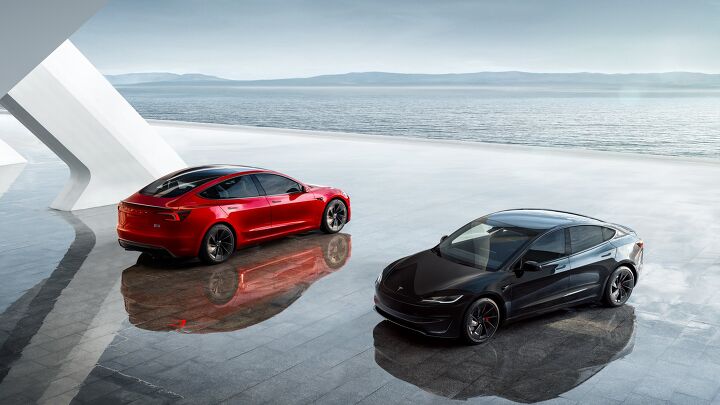
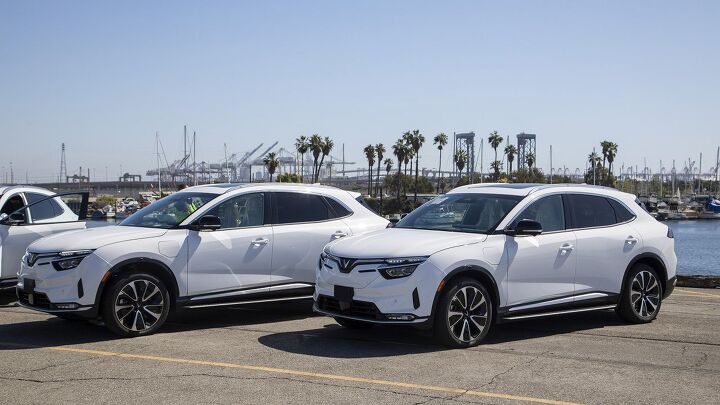

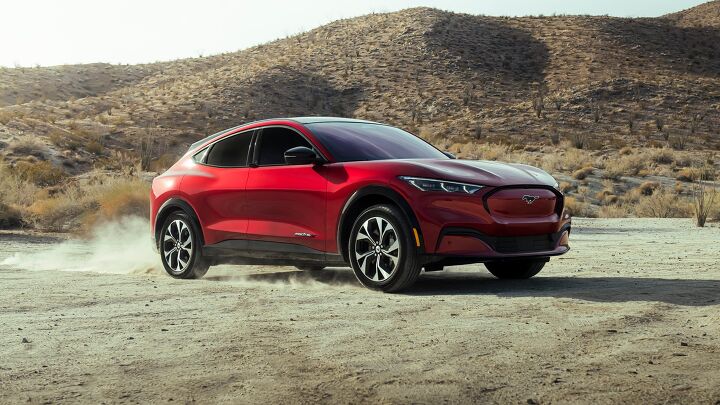
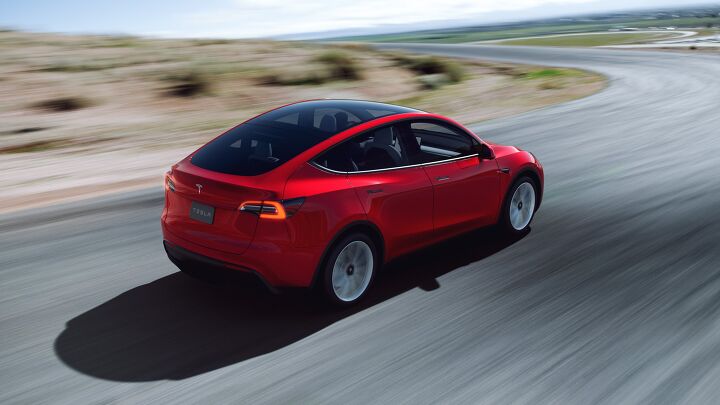
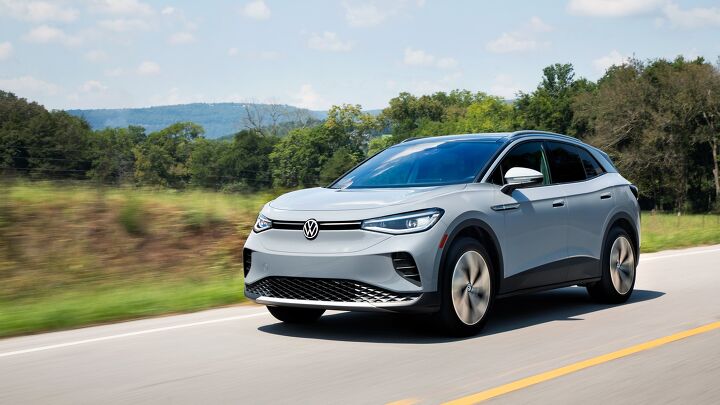
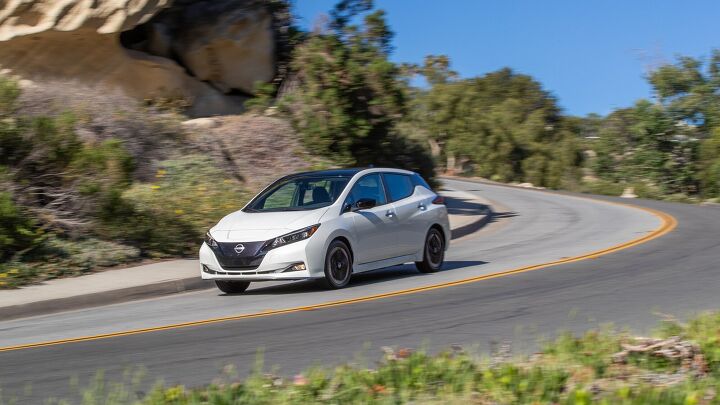
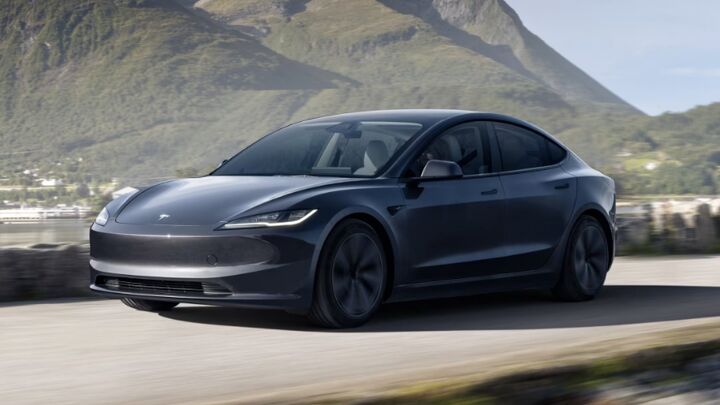
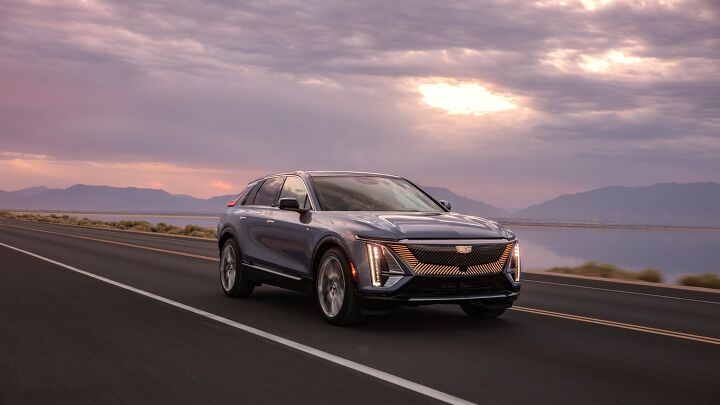
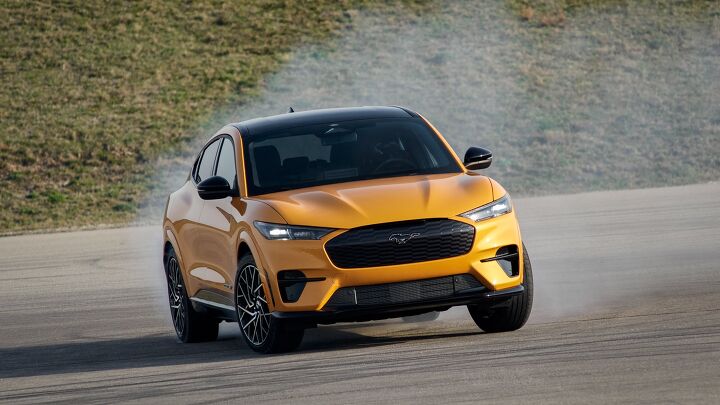


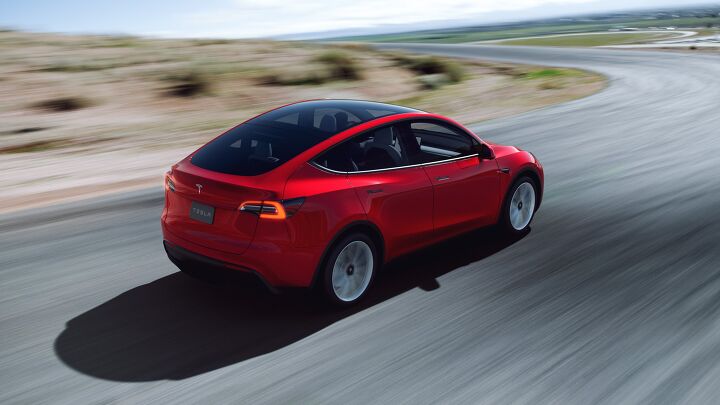
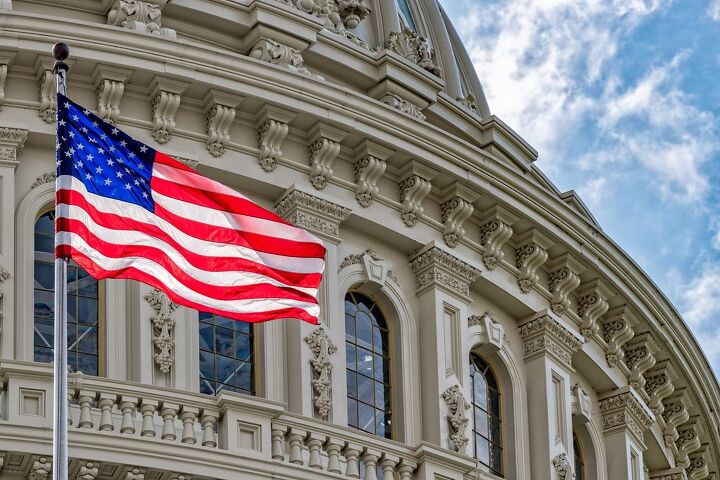













Recent Comments